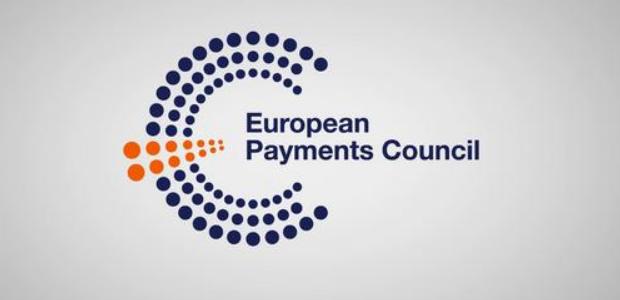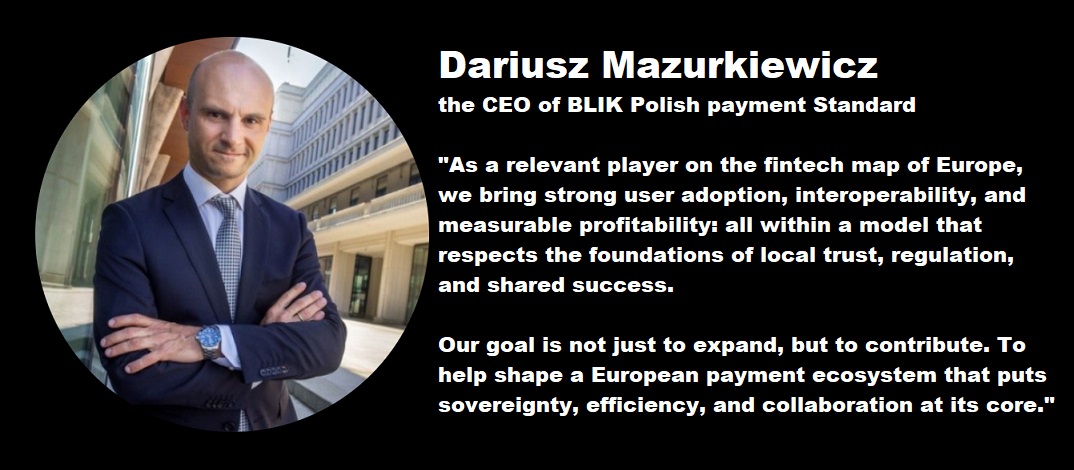EPC and Cards Stakeholders Group release a new version of the SEPA Cards Standardisation Volume for public consultation

The European Payments Council (EPC), representing payment service providers, together with the Cards Stakeholders Group (CSG), published version 7.05 of the Single Euro Payments Area (SEPA) Cards Standardisation Volume (the SCS Volume) for a three-month public consultation. This document defines a standard set of requirements to enable an interoperable and scalable card and terminal infrastructure across SEPA, based on open international card standards.
The CSG is a multi-stakeholder body representing retailers, vendors, processors, card schemes and the EPC. Created in 2009, the CSG develops and maintains the SCS Volume, and focuses on a cards standardisation programme that will create a better, safer, more cost efficient and functionally richer card services environment, whatever the card product or scheme may be.
In January 2014, the EPC, together with the CSG, published version 7.0 of the SCS Volume, ready for market implementation. Version 7.0 of the SCS Volume covers a set of requirements applicable to card-present (also referred to as ‘face-to-face’ or ‘local’) transactions. All stakeholders and interested parties active in the SEPA cards domain are encouraged to roll out services and products in line with the requirements set out in version 7.0 of the SCS Volume in a three-year period, i.e. by January 2017.
Version 7.05 of the SCS Volume, released on 10 March 2015, includes the requirements published with version 7.0 applicable to card-present transactions, which remain unchanged. In addition, the SCS Volume version 7.05 has been updated to incorporate the following new elements:
. Functional and security requirements applicable to card-not-present (also referred to as ‘remote’) payments, which are initiated in the context of electronic or mobile commerce or by mail or telephone order.
. Enhanced requirements related to the pre-authorisation of both face-to-face and remote card payments relevant to, amongst others, service providers operating in the hospitality sector.
. A cards processing framework which defines business principles and requirements for market access and participation in card payment processing services. The main objective of this framework is to facilitate an open and transparent market.
The CSG calls on all stakeholders to provide feedback on the new elements introduced into version 7.05 of the SCS Volume by 5 June 2015. The documentation relevant to the 2015 public consultation is available on the EPC Website.
Next steps
Based on the feedback received during the 2015 public consultation, a further version of the SCS Volume will be published in due course to include the finalised requirements related to remote transactions and pre-authorisation, respectively, and the final cards processing framework. These new elements, to be incorporated into the next version of the document, will be subject to a three-year implementation timeline.
The CSG stresses that the SCS Volume will also be aligned with relevant European Union (EU) regulatory initiatives such as, for example, the forthcoming revised Payment Services Directive and the new Regulation on interchange fees for card-based payment transactions, once approved by the EU co-legislators.
Dariusz Mazurkiewicz – CEO at BLIK Polish Payment Standard
Banking 4.0 – „how was the experience for you”
„To be honest I think that Sinaia, your conference, is much better then Davos.”
Many more interesting quotes in the video below:










